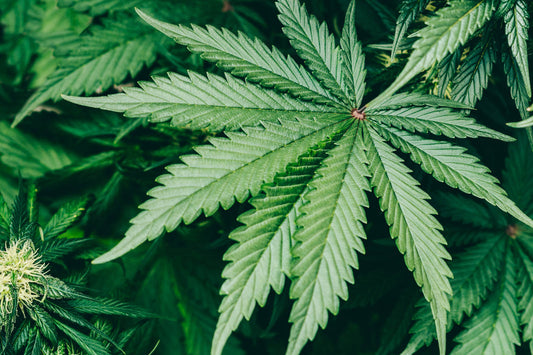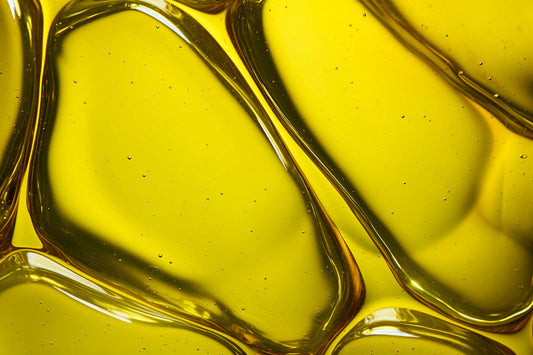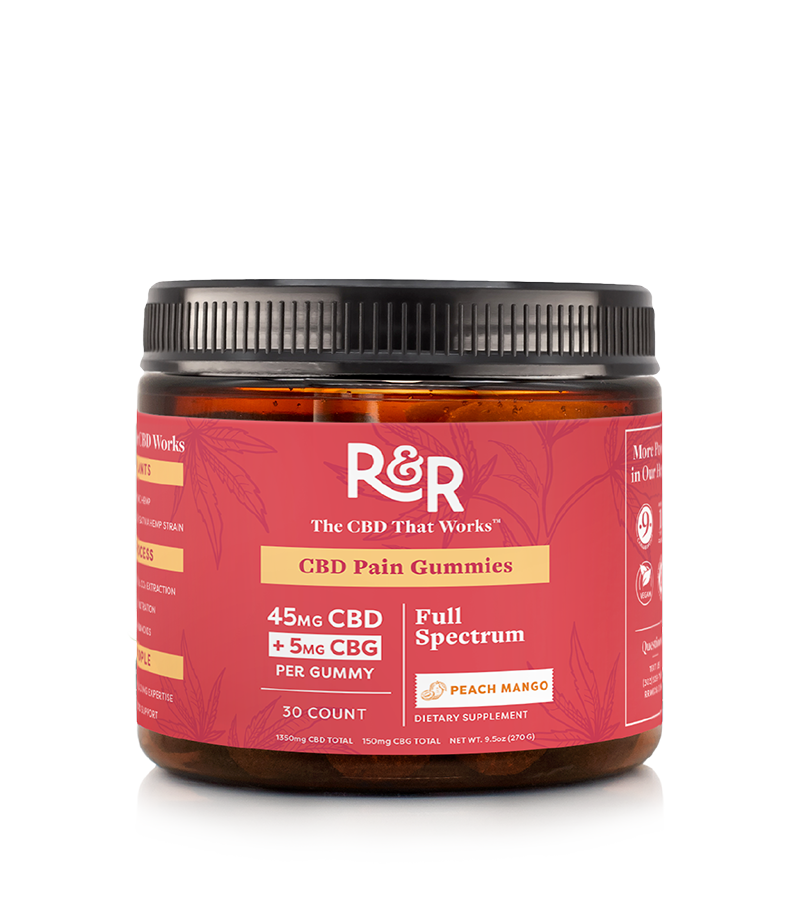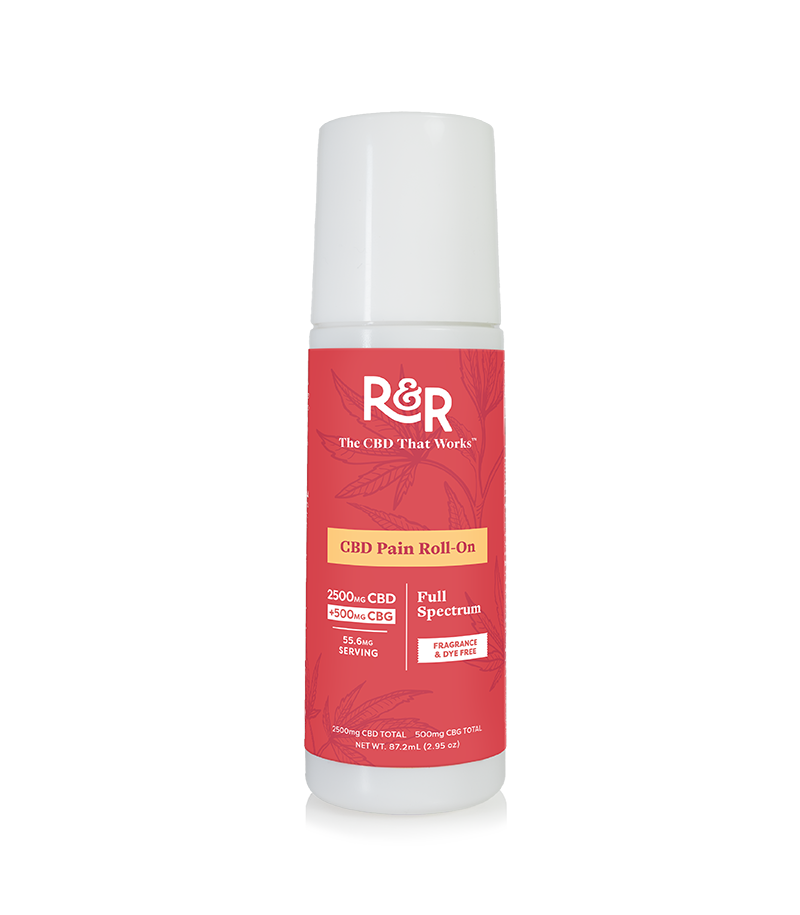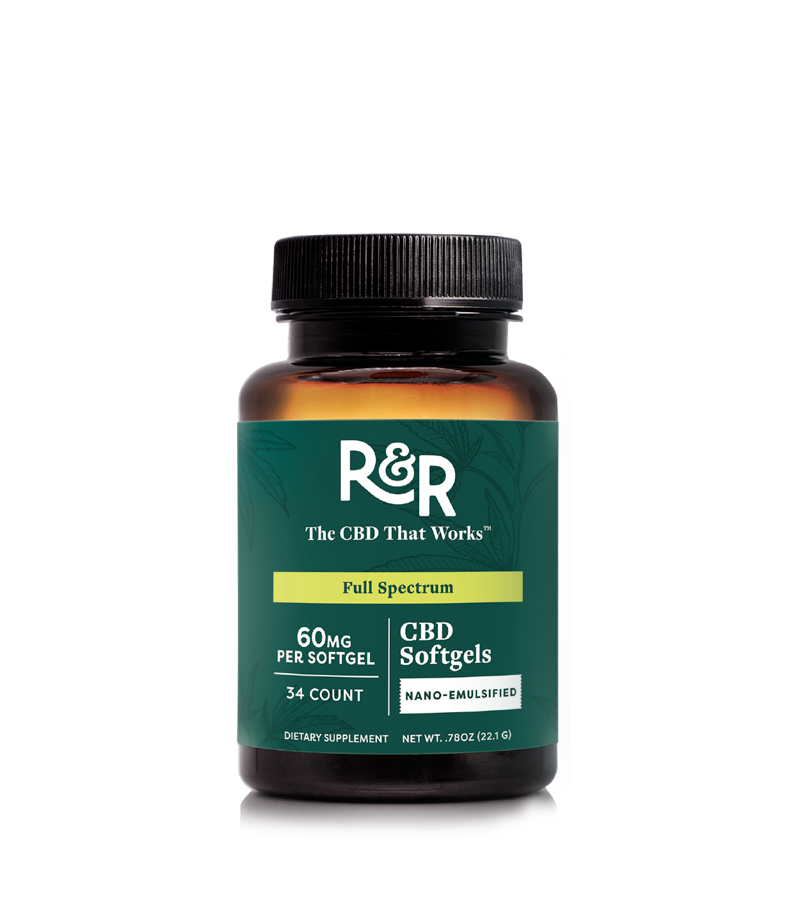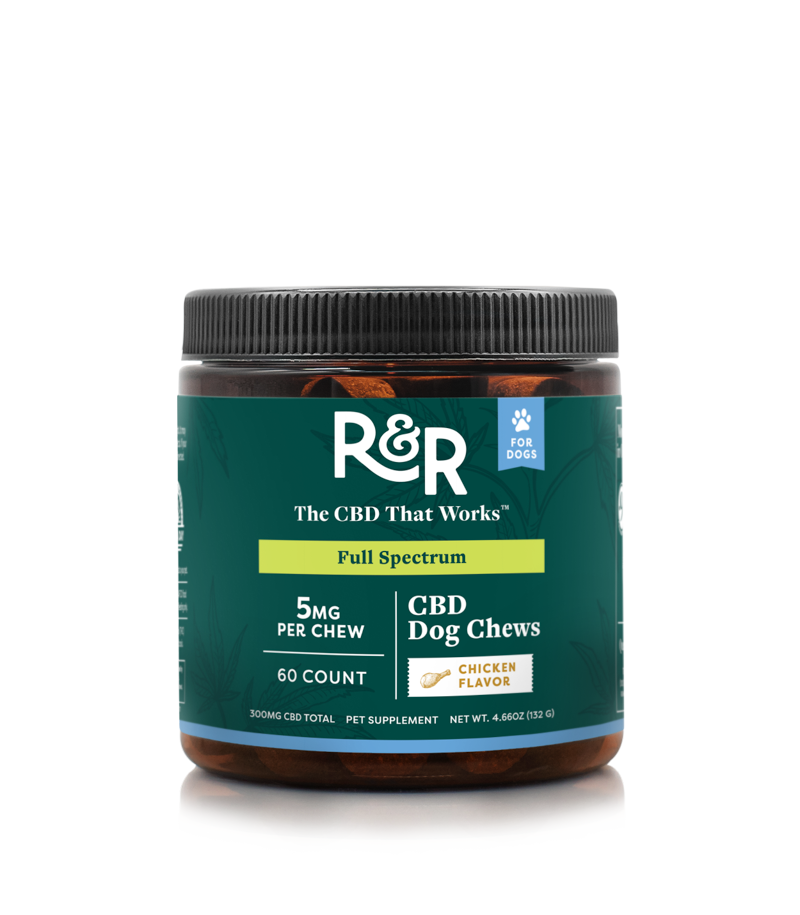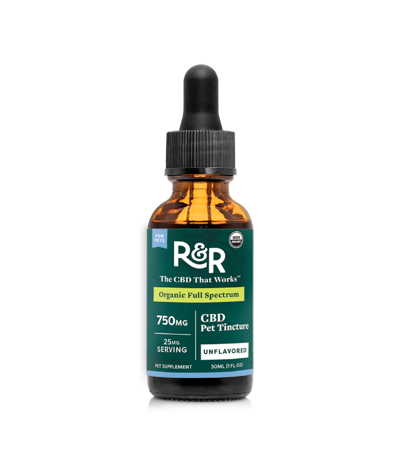Lower back pain troubles millions globally, disrupting daily life and reducing overall well-being. Traditional treatments, though largely effective, sometimes bring unwanted side effects, prompting many to explore natural options like CBD for relief.
CBD, or cannabidiol, has caught the public's eye for its potential therapeutic benefits, including easing various types of pain. This non-intoxicating compound, derived from hemp, interacts with the endocannabinoid system, triggering wide-ranging physiological and biological responses.
In this article, we explore how CBD might assist with lower back pain and some important considerations before adding it to your wellness routine.
Key Takeaways
- CBD interacts with the ECS to modulate pain perception, reduce inflammation, and promote muscle relaxation.
- CBD offers anti-inflammatory properties, pain relief, muscle relaxation, and improved sleep quality. It can also reduce stress and anxiety, which often exacerbate pain.
- CBD is available in various forms, including topical creams for localized pain, gummies for holistic benefits, and tinctures for fast, full-body effects.
- While generally safe and well-tolerated, CBD can cause mild side effects like drowsiness or dry mouth. It may also interact with certain medications.
What Is CBD?
CBD (cannabidiol) is a naturally occurring compound in hemp, a variety of the Cannabis sativa species. It is one of over 100 cannabinoids identified in cannabis, but unlike the well-known THC (tetrahydrocannabinol), CBD is non-intoxicating. This means it does not produce the euphoric or “high” effect commonly associated with cannabis use.
CBD interacts with the endocannabinoid system (ECS), a complex cell-signaling system in the human body that plays a crucial role in regulating various physiological processes such as pain perception, mood, appetite, sleep, and immune response. CBD promotes balance and overall wellness by influencing receptors in the ECS.
How Does CBD Work for Pain Relief?
CBD offers a promising approach to pain management by interacting with the ECS, which is vital in regulating various bodily functions like pain, inflammation, and overall homeostasis. Here is how it works:
- Interaction with ECS Receptors: CBD influences CB1 and CB2 receptors in the ECS. While it doesn’t directly bind to these receptors, it modulates their activity, indirectly affecting processes like pain perception.
- Reduction of Inflammation: CBD has anti-inflammatory properties that help lower inflammation, a major contributor to chronic and acute pain conditions. This is especially beneficial for conditions like arthritis or inflammatory back pain.
- Influence on Neurotransmitters: CBD impacts neurotransmitters such as serotonin and adenosine, which can enhance mood and reduce the psychological components of pain.
- Muscle Relaxation: By calming overactive nerves and muscles, CBD can help alleviate muscle tension and spasms, which are common sources of pain, notably lower back pain or neuropathic conditions.
- Antioxidant Effects: As an antioxidant, CBD reduces oxidative stress in tissues, which can contribute to chronic pain relief and promote tissue healing.
- Potential for Nerve Pain Relief: Research suggests CBD may be particularly effective for neuropathic pain by desensitizing pain receptors and dampening pain signals sent to the brain.
Though more research is needed to fully understand its mechanisms, early findings, and anecdotal evidence suggest that CBD may help in managing pain, especially when traditional methods are ineffective or unsuitable.
However, we recommend consulting a healthcare provider to determine appropriate dosages based on individual health conditions.
Benefits of CBD for Lower Back Pain

CBD has gained attention as a natural remedy for lower back pain due to its multifaceted effects on pain and inflammation. Here are some benefits CBD may offer:
Anti-Inflammatory Properties
CBD’s ability to reduce inflammation helps address one of the primary causes of lower back pain, especially in conditions like herniated discs, arthritis, or muscle strain.
Pain Relief
CBD may help alleviate pain by modulating pain receptors and neurotransmitters within the ECS. This may lessen the sensation of discomfort in the lower back area.
Relaxation of Muscle Tension
Lower back pain is often accompanied by muscle stiffness or spasms. CBD’s muscle-relaxing effects can help ease this tension, promoting better mobility and comfort.
Improved Sleep
Chronic back pain often disrupts sleep patterns. CBD can help improve sleep quality by reducing pain and promoting relaxation, enabling the body to recover more effectively.
Stress and Anxiety Reduction
Persistent pain often leads to stress and anxiety, which can exacerbate the perception of pain. However, CBD’s calming effects on the nervous system can help reduce stress and promote well-being.
Potential for Neuropathic Pain Relief
CBD has shown promise in managing nerve-related pain, which is a common aspect of chronic lower back conditions such as sciatica.
Minimal Side Effects
Compared to traditional pain medications or anti-inflammatories, CBD is often better tolerated, with fewer reported side effects when used appropriately.
Moreover, CBD is available in various forms—oils, creams, gummies, and capsules—allowing individuals to choose the best option for their needs. While many users report significant relief, it is essential to start with a low dose and consult a healthcare provider to ensure safe and effective use.
Types of CBD Products for Back Pain
When applied directly to the affected area, topical creams and balms provide localized relief. Oral tinctures and capsules offer broader effects, potentially addressing pain throughout the body. Understanding how these options work helps you choose the right product for your needs.
Topical Solutions for Localized Pain Relief
- CBD Pain Creams: (2500mg or 1000mg options): Designed for targeted application, these creams deliver fast-acting relief to the affected area. They are ideal for muscle stiffness and joint discomfort.
- CBD Pain Roll-On: Provides a mess-free, localized application for acute pain relief, perfect for on-the-go use.
Oral Solutions for Full-Body Pain Management
- CBD Gummies: Effective for managing pain and inflammation with a delicious taste. They provide holistic benefits, including pain relief, stress reduction, and sleep support.
- CBD Tinctures: Highly potent for fast and long-lasting effects, suitable for chronic conditions. They are a potent option for consistent dosing.
CBD Dosage and Administration
Determining the right dosage of CBD is a personalized process, as individual responses can vary based on factors like body weight, metabolism, and the condition being treated.
Nonetheless, we recommend starting with a low dose to give your body time to adjust, then gradually increasing until you achieve the desired effects. This helps you identify the most effective amount for your needs while minimizing the risk of overuse or unwanted side effects.
Consistency is crucial to experiencing the full benefits of CBD. Regularly incorporating it into your daily routine allows the compound to build up in your system, enhancing its overall effectiveness.
Taking CBD at the same time each day (whether in the morning to address stress or pain or at night to improve sleep quality) can help optimize its impact. Additionally, experimenting with different forms of CBD can help you find the method that best suits your lifestyle and preferences.
Potential Risks and Side Effects
CBD is generally safe and well-tolerated by most individuals, but since it is a chemical, it is not entirely without risks or side effects. Sometimes, users report mild effects such as drowsiness, dry mouth, or slight changes in appetite or digestion. These effects are typically mild and temporary, often diminishing as the body adjusts to regular CBD use.
However, CBD can interact with certain medications, particularly those metabolized by the cytochrome P450 enzyme. This may alter how some drugs are processed in the body, potentially increasing or decreasing their effectiveness.
For this reason, it is prudent to consult a healthcare professional before starting CBD if you are taking medications like blood thinners, antiepileptics, or antidepressants.
In rare cases, higher doses of CBD may cause more noticeable side effects, such as fatigue, diarrhea, or fluctuations in blood pressure. These instances are uncommon and often associated with overconsumption or pre-existing sensitivities.
Final Thoughts
At R&R CBD, we offer a range of high-quality, lab-tested products that may help ease lower back pain through their natural, therapeutic properties. With transparent sourcing and a focus on effective relief, we provide options that fit seamlessly into your pain management routine. Explore our CBD products today to find the right one for your health and wellness needs.
Does CBD Help with Lower Back Pain: Frequently Asked Questions
Is CBD Legal and Accessible for Back Pain Treatment?
CBD derived from hemp with less than 0.3% THC is federally legal in the United States, but state laws may differ.
Can CBD Replace Conventional Pain Medications?
CBD shows immense promise, but it is not meant to replace prescribed medications without medical guidance.
How Long Does it Take to Feel Pain Relief with CBD?
Effects vary; many users report relief within 15-45 minutes for fast-acting products like tinctures or within a few days to weeks with consistent use of other forms.
Are There Any Long-Term Effects of Using CBD for Chronic Back Pain?
Current research indicates CBD is safe for long-term use, though more studies are needed to fully understand its safety profile.
Sources Used
- Research on Rheumatology in The Lancet
- Chronic Disease Management Study
- Innovations in Medical Imaging
- Advancements in Cardiovascular Health
- Insights into Immune Disorders
- Breakthrough in Diabetes Research
- Study on Neurodegenerative Diseases
- Recent Findings in Genetic Therapy
- Nature Article on Biomedical Advances
- Exploration of Cancer Treatments
- PubMed Research on Mental Health
- Analysis of Infectious Diseases
- Findings on Pediatric Health














